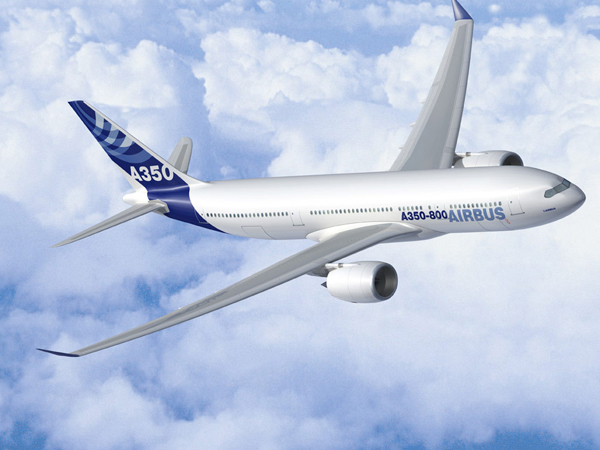Airbus extends RFID part-marking across all its aircraft families

Efficient and error-proof identification of aircraft components
Airbus has become the first commercial aircraft manufacturer to deploy Radio-Frequency-Identification (RFID) part-marking to aircraft components on all its aircraft families. This innovation, which will bring value-chain visibility, error-proof identification and efficiency savings in component lifecycle management, will be progressively rolled-out in 2013 to all seats and life vests for the A320, A330 and A380 aircraft families.
The annual volume of this RFID part marking extension is estimated to reach 160,000 RFID tags, roughly split across 120,000 life vests and 40,000 seats for these aircraft families. This complements the existing RFID part marking initiative on the A350 XWB which is already underway.
Tom Williams, Airbus’ Executive Vice President, Programmes says: “Permanent RFID part marking is an answer to the growing need for efficient and error-proof identification of aircraft components throughout their life.” He adds: “The use of RFID part marking will enable the automation of multiple operational processes and is a benefit for all involved in managing the component during its lifecycle: vendor, integrator, airline and MRO.”
The scope of efficiency savings with permanent RFID part marking is substantial. For example, in the past, each one of several hundred life-jackets and seats in the cabin would need to be manually checked and noted, necessitating lengthy manual data entry. But as each Airbus aircraft will soon come pre-equipped with RFID tags on these parts, just one person can read the RFID tags within a few minutes using a lightweight hand-held RFID
The process automatically confirms the presence of each required item, verifies its location and looks-up the associated data about the part (e.g. maintenance history, expiration date etc.). This information can then be used to determine the aircraft configuration and prioritise maintenance planning for items due for inspection, overhaul or replacement.
Airbus is the world’s leading aircraft manufacturer offering the most modern, innovative and efficient family of passenger airliners on the market, ranging in capacity from 100 to more than 500 seats. Airbus has design and manufacturing facilities in France, Germany, the UK, and Spain as well as subsidiaries in the US, China, Japan and in the Middle East. Headquartered in Toulouse, France, Airbus is an EADS company.

